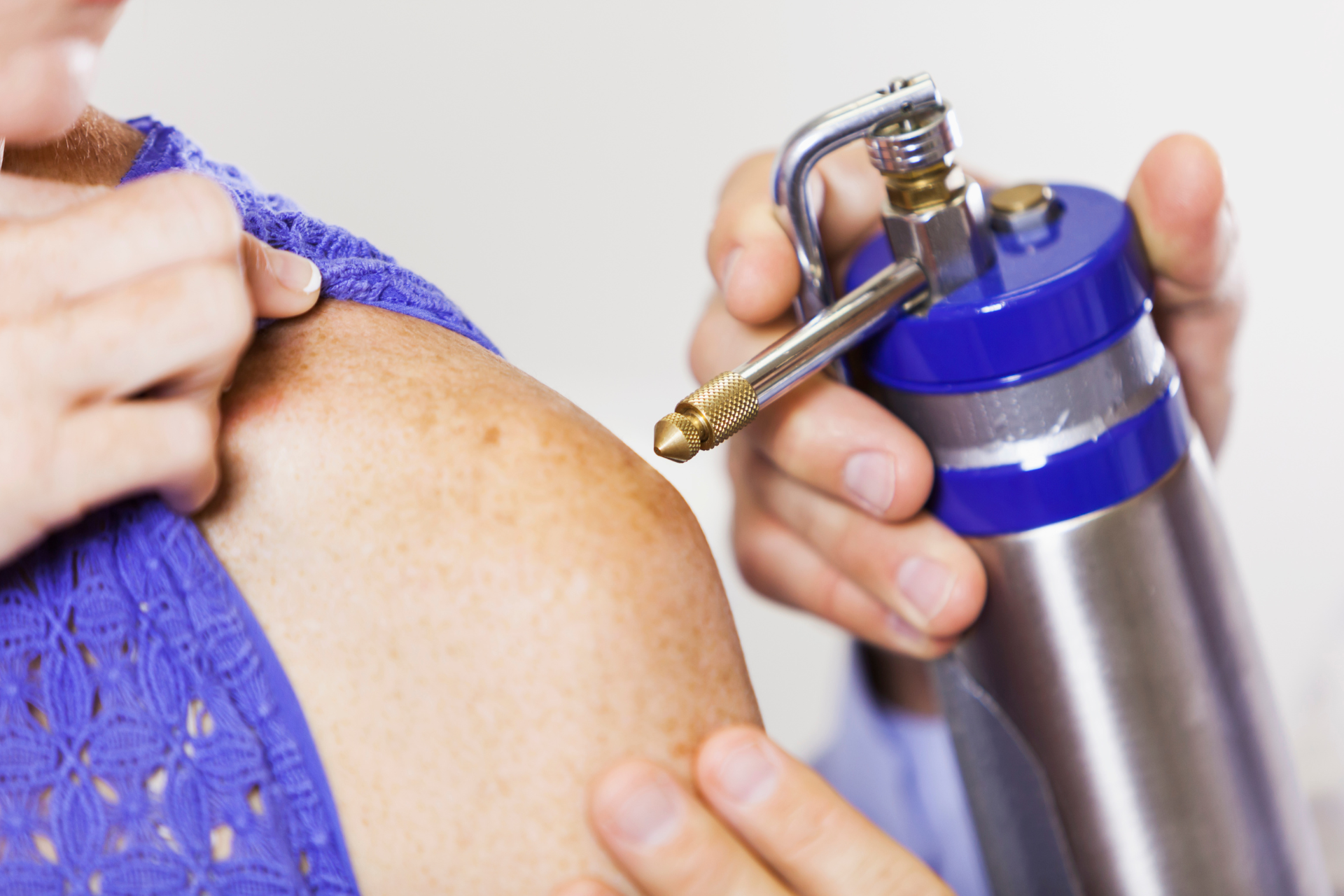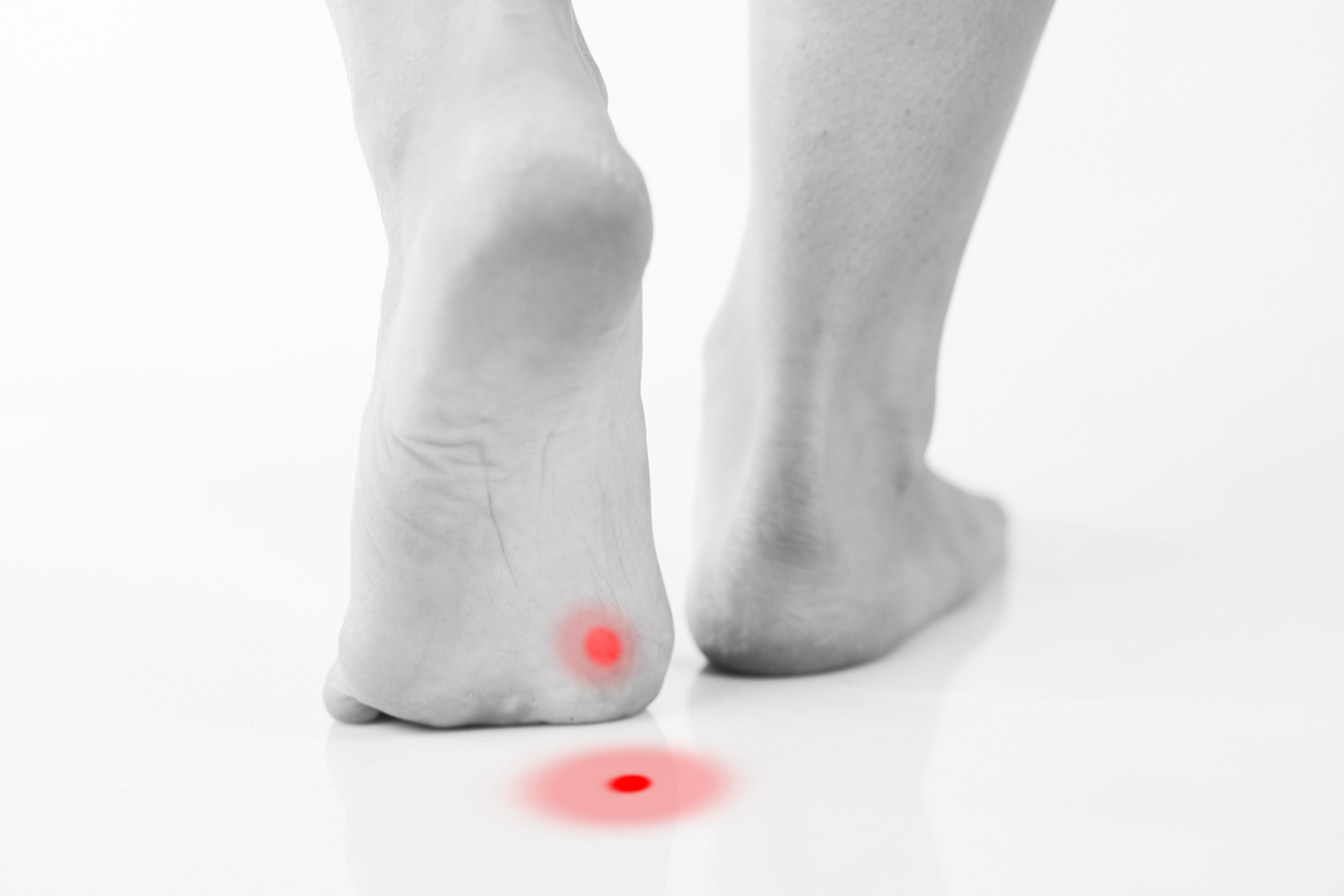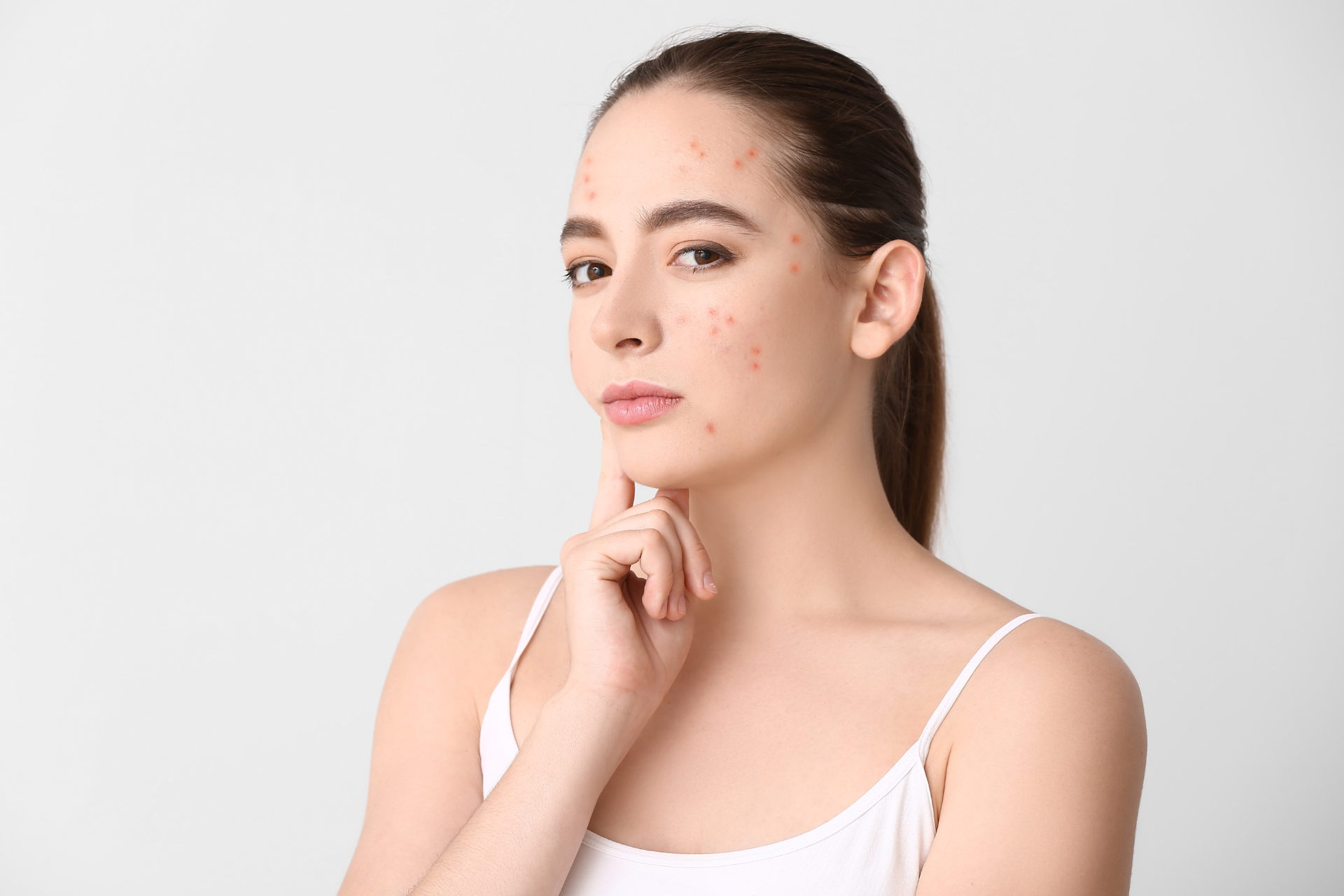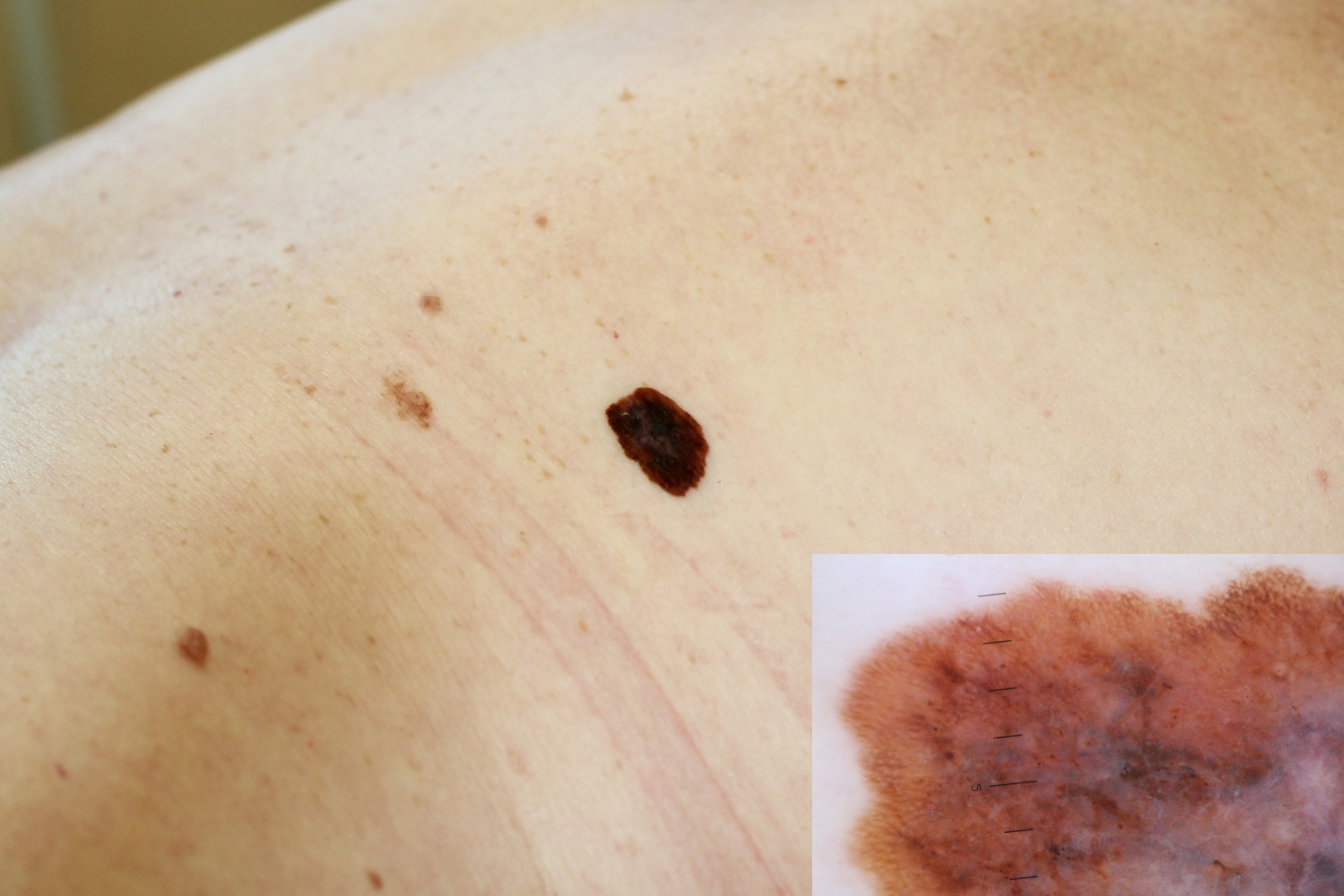Understanding the Risks and Treatments for Skin Cancer

Skin cancer is one of the most common types of cancer in the world, and its prevalence continues to rise. With the increasing awareness of the harmful effects of sun exposure and tanning beds, understanding the risks associated with skin cancer is crucial for early detection and effective treatment. At Fall Creek Skin and Health Clinic, we prioritize educating our patients on the importance of skin health and providing comprehensive care for skin-related problems, including skin cancer.
Types of Skin Cancer:
There are three main types of skin cancer: basal cell carcinoma, squamous cell carcinoma, and melanoma. Basal cell carcinoma is the most common form of skin cancer, typically appearing on sun-exposed areas of the skin as a pearly or waxy bump. Squamous cell carcinoma often manifests as a red, scaly patch or a non-healing sore. Melanoma, although less common, is the most aggressive form of skin cancer and can develop from existing moles or appear as a new dark spot on the skin.
Risk Factors:
Several factors can increase the risk of developing skin cancer, including:
1. Sun Exposure
Prolonged exposure to ultraviolet (UV) radiation from the sun or tanning beds is a significant risk factor for skin cancer.
2. Fair Skin
Individuals with fair skin, light eyes, and blonde or red hair are more susceptible to skin damage from UV radiation.
3. Family History
A family history of skin cancer can increase one's likelihood of developing the disease.
4. Immunodeficiency
People with weakened immune systems, such as organ transplant recipients, are at a higher risk of skin cancer.
Prevention:
Preventing skin cancer involves practicing sun safety measures, such as wearing sunscreen with a high SPF, seeking shade during peak sun hours, and wearing protective clothing. Regular skin checks and self-examinations can also aid in early detection of any suspicious changes in moles or skin lesions.
Diagnosis and Treatment:
Early detection is key in successfully treating skin cancer. If you notice any concerning changes in your skin, such as new growths, changes in existing moles, or non-healing sores, it is essential to seek medical evaluation promptly. At Fall Creek Skin and Health Clinic, our skilled dermatologists perform thorough skin examinations and may recommend a biopsy to confirm a skin cancer diagnosis.
Treatment options for skin cancer depend on the type, size, and location of the tumor. Common treatments include:
1. Surgical Excision
Removing the cancerous tissue along with a margin of healthy skin to ensure complete removal.
2. Mohs Surgery
A specialized technique that removes thin layers of skin cancer tissue progressively until no cancer cells are visible under a microscope.
3. Radiation Therapy
Using high-energy beams to target and destroy cancer cells.
4. Chemotherapy or Immunotherapy
Administering drugs to kill cancer cells or boost the immune system's ability to fight cancer.
At Fall Creek Skin and Health Clinic, we provide individualized treatment plans tailored to each patient's unique needs and preferences. Our multidisciplinary team of dermatologists, oncologists, and surgeons collaborates to deliver comprehensive care and support throughout the treatment process.
Conclusion:
Understanding the risks associated with skin cancer and adopting preventive measures are vital steps in protecting your skin health. Regular skin screenings, early detection, and prompt treatment can significantly improve outcomes for individuals diagnosed with skin cancer. At Fall Creek Skin and Health Clinic, we are dedicated to educating and empowering our patients to prioritize their skin health and well-being. Remember, prevention is key, but early detection saves lives. Schedule a skin cancer screening today and take control of your skin health journey.




